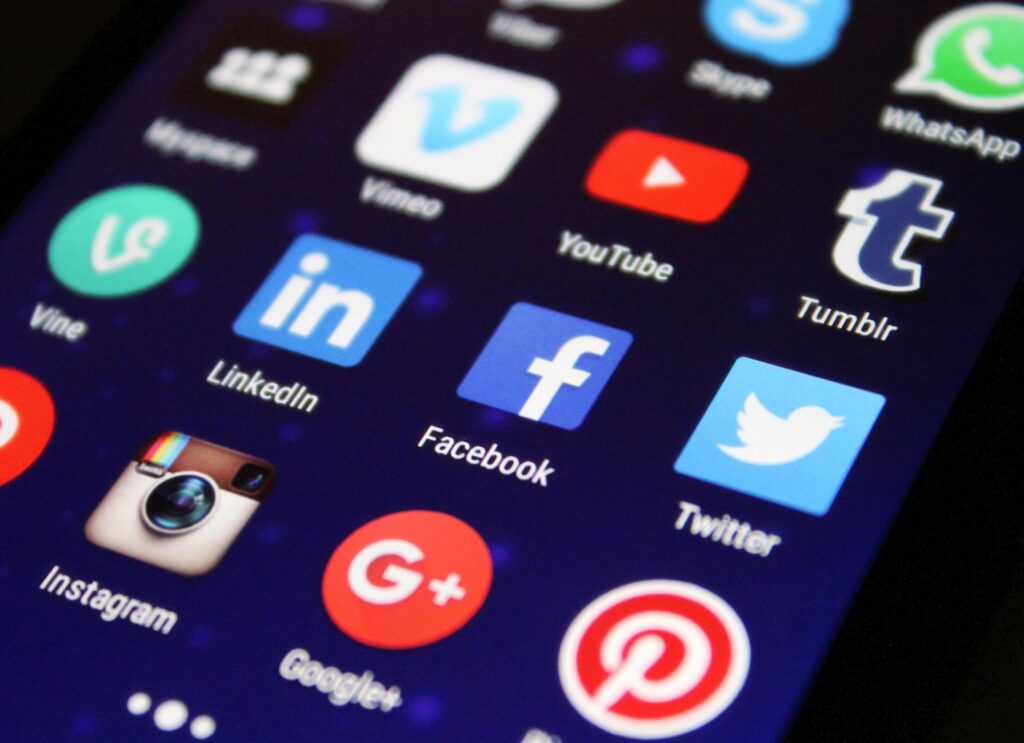


How Social Media Originated and Evolved
Social media started out as a way for people to interact with friends and family but soon expanded to serve many different purposes. In 2004, MySpace was the first network to reach 1 million monthly active users.3
Our World in Data. “The Rise of Social Media.”
Social media participation exploded in the years that followed with the entry of Facebook and Twitter (now X platform). Businesses gravitated toward these platforms in order to reach an audience instantly on a global scale.
According to Global Web Index, 46% of internet users worldwide get their news through social media. That compares to 40% of users who view news on news websites. Gen Z and Millennials were most likely to view news on social sites versus other generations.2
Global Web Index. “The Global Media Landscape.”
Social media plays a key role in many businesses’ marketing strategies, not surprising given the sheer number of hours people spend each day on social websites and apps. At the same time, social media is an ever-changing field, with relatively recent apps such as TikTok, Signal, and Clubhouse joining the ranks of established social networks like Facebook, YouTube, X platform, and Instagram.


Pros: Why is social media good?
Social media and technology offer us greater convenience and connectivity:
- staying connected with family and friends worldwide via email, text, FaceTime, etc.
- quick access to information and research
- banking and bill pay at our fingertips
- online learning, job skills, content discovery (YouTube)
- involvement in civic engagement (fundraising, social awareness, provides a voice)
- great marketing tools
- opportunities for remote employment

Cons: Why is social media bad?
Along with the good comes the bad. With all of its benefits, the nature of social media presents a range of potential issues.
- Online vs Reality. Social media itself is not the problem. It is the way people use it in place of actual communication and in-person socializing. “Friends” on social media may not actually be friends, and may even be strangers.
- Increased usage. The more time spent on social media can lead to cyberbullying, social anxiety, depression, and exposure to content that is not age appropriate.
- Social Media is addicting. When you’re playing a game or accomplishing a task, you seek to do it as well as you can. Once you succeed, your brain will give you a dose of dopamine and other happiness hormones, making you happy. The same mechanism functions when you post a picture to Instagram or Facebook.

